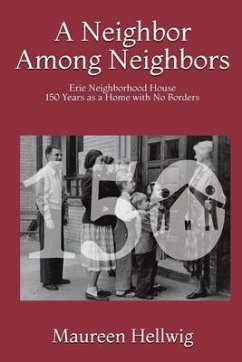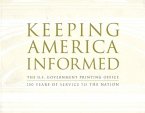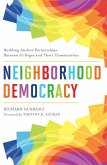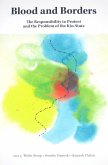Advance Praise: This masterful work tells how enduring values have allowed a settlement house to be an open door and a community voice to a succession of immigrant groups for 150 years -- and counting. What is particularly valuable and unusual is that the analysis is equally insightful for every period, including the present. Gary Johnson, CEO, Chicago History Museum This book is a must read for anyone interested in the settlement house movement. But not just for its history! Equally, if not more critical today is seeing the evolution and current day role of settlement houses in our communities. As the author - an intimately connected participant-observer for the last 50 years -- illustrates through the voices and actions of so many staff and volunteers at Erie house, the ongoing relevance of the settlement house today, reminding us that we must always have spaces for people to organize for social justice. Janet L. Smith, Ph.D., Professor Urban Planning and Policy Co-Director, Nathalie P Voorhees Center for Neighborhood and Community Improvement, College of Urban Planning and Policy, University of Illinois at Chicago Written with the engaged perspective and detailed knowledge that only someone with her own 50-year association with Erie Neighborhood House can have, Hellwig brings Erie's history alive to the reader. A Neighbor Among Neighbors reminds us of the community-building core values that settlement houses have had in welcoming immigrants to American cities, from the 19 th century to the present day.But, Hellwig does not just present an excellent history of Erie Neighborhood House, she also provides the details of the leadership and organizational structure that have constantly adapted to the perpetually evolving needs of new immigrant groups to the community as well as to the ever changing political, social, and economic constraints outside the community. Phil Nyden, Phil Nyden, Center for Urban Research and Learning (CURL), Loyola University Chicago Born in Chicago's 33rd year as a city, Erie Neighborhood House has witnessed its home town prosper through the contributions of five generations of immigrants who came here seeking a better life. Few institutions have had such a view from the same address for 150 years. But it was not just a passive witness. When neighbors were tired and hungry, Erie House fed them, but not just with food--with knowledge. Through education Erie House empowered their neighbors to become citizens who take that privilege seriously. Numerous volunteers from Presbyterian churches throughout Chicagoland, motivated by the social gospel, came to Erie House to give and were constantly amazed at how much they received, because a settlement house fosters reciprocity. Dutch, Norwegian, German, Polish, Italian, African American, Puerto Rican, or Mexican--you were welcome at Erie House. From pre-schooler to elder, you had a second home there. How Erie House and so many immigrants and migrants struggled and prospered together is the story that unfolds in A Neighbor Among Neighbors, marking Erie House's 150 years as a "home with no borders." ABOUT THE AUTHOR Maureen Hellwig is a lifelong Chicagoan. She is the great-great-granddaughter of Irish and German immigrants. While she is quite a few generations removed from her origins, she has kept her roots in mind while working with more recent immigrants during her time spent as both a volunteer and an employee at Erie Neighborhood House. It was that rich experience that inspired her to write this history, as this settlement house celebrates its 150th year of service to five generations of immigrants from Europe and Latin America.
Hinweis: Dieser Artikel kann nur an eine deutsche Lieferadresse ausgeliefert werden.
Hinweis: Dieser Artikel kann nur an eine deutsche Lieferadresse ausgeliefert werden.








